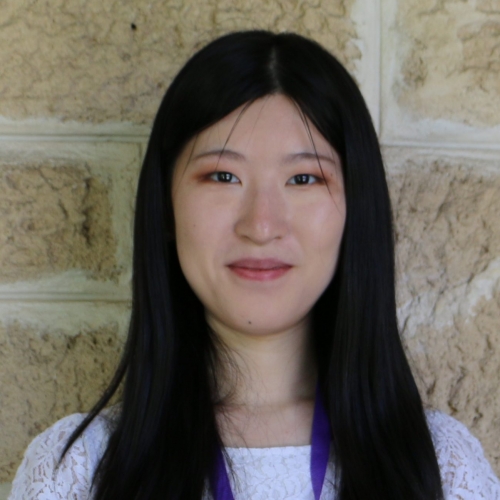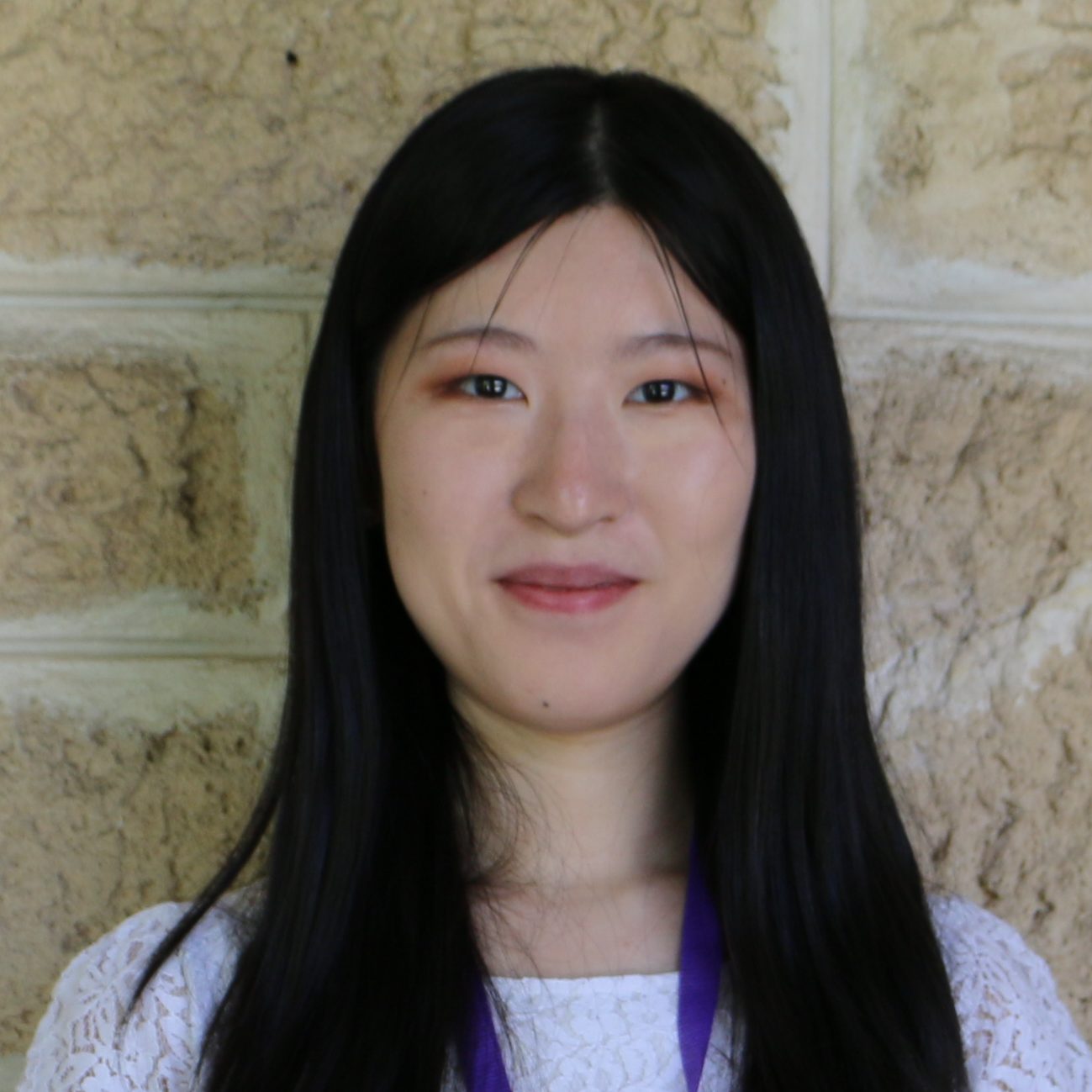
Yue Cao
The University of Sydney
Yue Cao is a Bachelor of Science student at the University of Sydney, with double majors in Molecular Biology and Genetics and Computer Science. She recently completed her Honours in Computer Science this year. Her Honours project examined a type of neural network named Capsule Network and improved its performance on two application specific tasks, involving both 2D images and 4D light field images. She will begin her PhD study next year in 2019 under the supervision of a biostatistics professor. Her project will be looking at the prediction of disease phenotype using single cell data. The aim is to develop algorithms that extract useful information from patient’s single cell data and to ultimately gain more insight into diseases.
Can you give me a quick overview of the type of mathematics you are studying and its potential impacts for the broader community
The type of mathematics I am studying is statistics. My PhD project and also some internships projects I have completed involve analysing the relationship between patient’s biological data and their disease outcomes. Some of the main steps involve taking the data set, performing data cleaning, developing and running algorithms and interpreting the result. Statistics is important in all of those steps. The potential impact is to gain a better understanding at diseases.
You attended AMSI BioInfoSummer, what drew you to this event? What was the most valuable part of AMSI BioInfoSummer for you in terms of furthering your career in mathematical sciences?
As I am just about to start my PhD study next year, it was valuable for me to meet PhD students who are already in their program and hear their stories and experiences.
Apart from that, the session on single – cells was of particular interest to me, as my PhD project is on single – cells. This single – cells is quite a specific area that was not taught in undergraduate courses. The lectures and workshops on single – cells therefore introduced me to many useful resources
Did this event lead to any new projects, collaborations? What were some outcomes in terms of your work?
I have met a lot of PhD students and exchanged contacts with few of them whose research interest is also on single – cells data.
You received a CHOOSEMATHS Grant to assist your attendance at AMSI BioInfoSummer. How important was this in terms of your ability to attend and fully participate in the sessions throughout the week? How did you hear about the grant?
As my enrolment into my PhD program is next year, I am not eligible to apply for any travel reimbursement from my university. The grant is important for me to attend and fully participate in the BioInfoSummer event.
I applied for the grant after seeing it on the BioInfoSummer website.
How important are initiatives such as the CHOOSEMATHS Grants in terms of fostering the participation and achievement of women in mathematics, particularly in terms of access to networking opportunities and further training opportunities?
By offering funding opportunities for women, I believe it is really helpful in promoting the participation of women in events such as BioInfoSummer. Especially as there are few funding opportunities available for women.
In what ways has the experience impacted your maths studies? Has it influenced the direction of your research?
I was introduced to many resources during the lectures and workshops, particularly in terms of coding and data analysis. These resources will be very useful to me in my PhD research.
The CHOOSEMATHS Grants are part of a broader program being delivered by AMSI Schools with support from the BHP Foundation to turn the tide on Australia’s maths deficit and strengthen maths education and participation of women across the discipline. What do you see as the big challenges facing maths in Australia, particularly for women?
A general challenge facing maths in Australia is that, maths is not given enough importance in university courses. I completed two majors, molecular biology and genetics and computer science. For both of these majors, no math course needs to be taken beyond first year level. I personally believe this amount of the maths courses is nowhere sufficient for science students.
Did you always want to pursue a career in maths? Were you encouraged to study these subjects at school?
Back in high school, I did not plan a career specifically in maths. I was more interested in biology and doing a science degree. Now that as I get more specialised into biology, I realised that maths is also a crucial part in biology. Areas like system biology rely heavily on maths on solving questions.
Maths is very much promoted in my high school. The teachers encouraged us to do a math unit even if we are not considering a STEM degree. Almost everyone picked some units of maths for HSC.
Where do you see yourself in five or ten years time?
Statistics will be a beneficial skill for my PhD project. I plan to work at research institutions in five or ten year’s time, in the area of data analysis.
If a peer asked you if they should attend AMSI BioInfoSummer, how would you describe the conference to them?
AMSI BioInfoSummer is packed with lectures and workshops. You will definitely be exposed to things that you have never learnt about. It is really a mind blowing experience. There’s tea breaks every morning and afternoon, so plenty of networking opportunities as well!
Any other feedback/comments you would like to provide on the CHOOSEMATHSgrant or AMSI BioInfoSummer?
Thank you for AMSI BioInfoSummer. It was such a wonderful and useful event.

